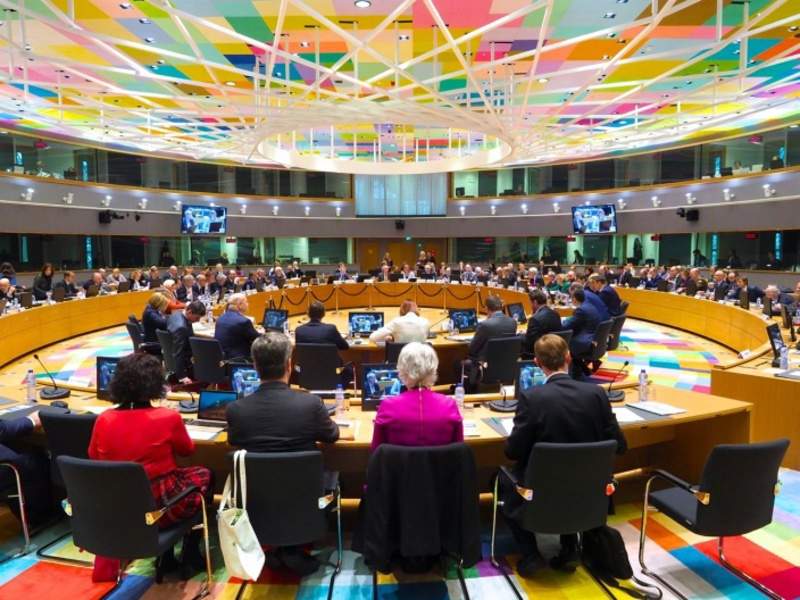
European Union (EU) defence ministers have approved the Lithuanian Government’s proposal of creating rapid cyber response teams as part of the permanent structured cooperation (PESCO) framework.
The Lithuanian cyber rapid response force formation and mutual assistance in cybersecurity initiative is one of the 17 PESCO projects approved by the EU member states.
While six member states will function as participants in the project, five other EU countries will remain as observers.
In addition, Lithuania serves as the member of the Dutch-led military mobility initiative that focuses on smooth and effective removal of procedural, legal and infrastructural obstacles for quick movement of forces in Europe.
Lithuanian National Defence Minister Raimundas Karoblis said: “Fluent movement of military forces and equipment across inner borders of European countries is a crucial factor in ensuring expeditious response to threats in our region.”
Karoblis further said that the implementation of the proposal will be a shared interest of the Nato and the EU. Existing obstacles will be removed in the most effective way using tools from both organisations.
The initiative of developing European military capabilities is expected to bolster the transatlantic cooperation and address all Nato and EU interests.
Karoblis added: “We have to seek openness and proper information sharing about the processes taking place in both organisations because compatibility of work and priorities is a necessary condition for Nato-EU cooperation.”
The two organisations agreed to cooperate on response to hybrid threats, strategic communication, cybersecurity, the fight against terrorism, and military capability development. They will also coordinate on exercise planning and execution, and building up the capacity of partner nations.



